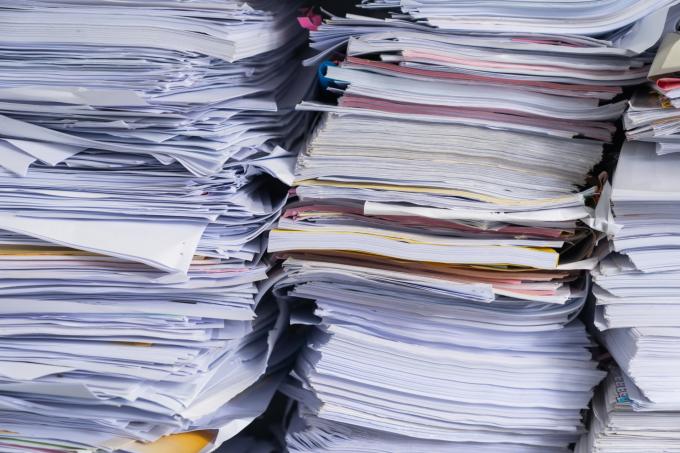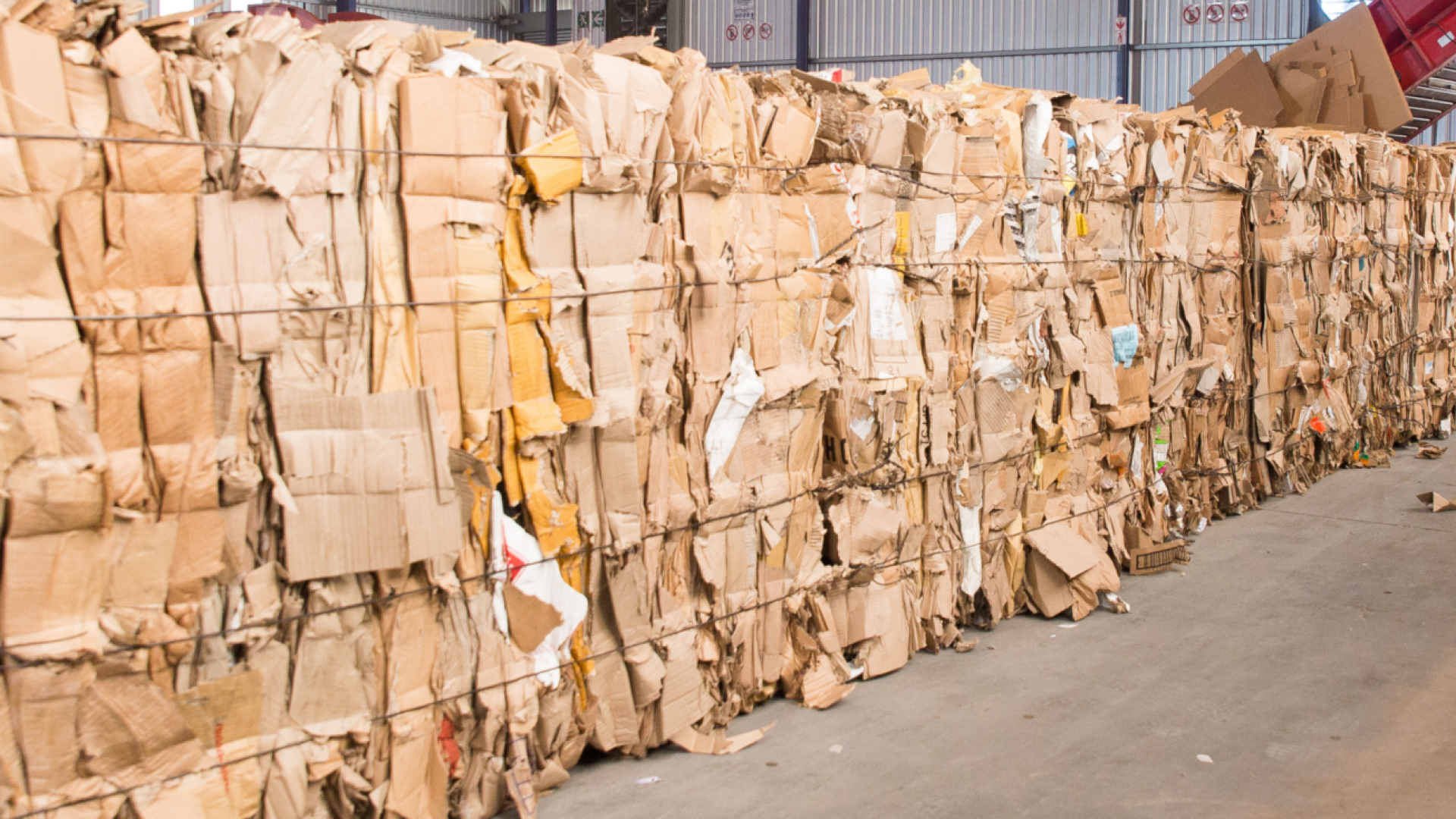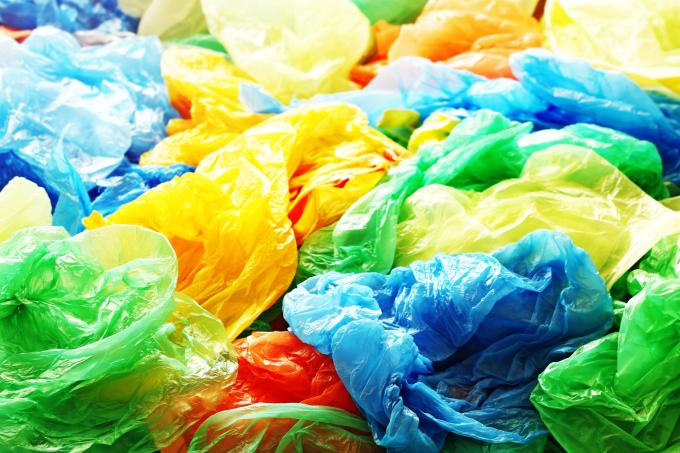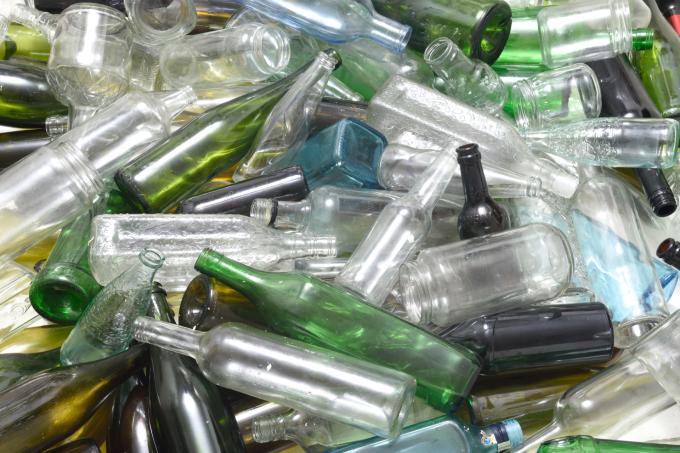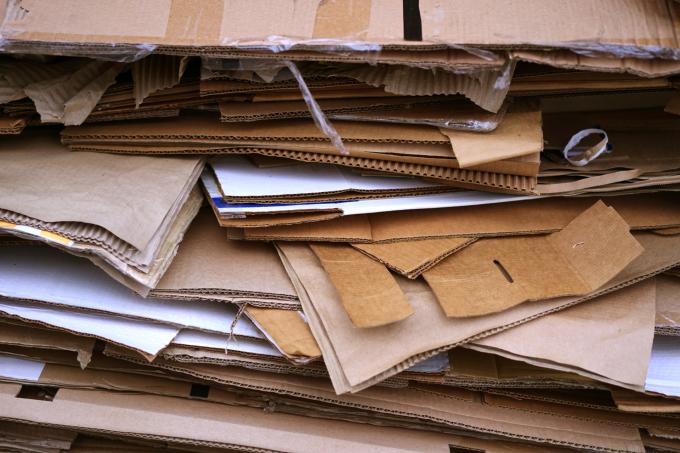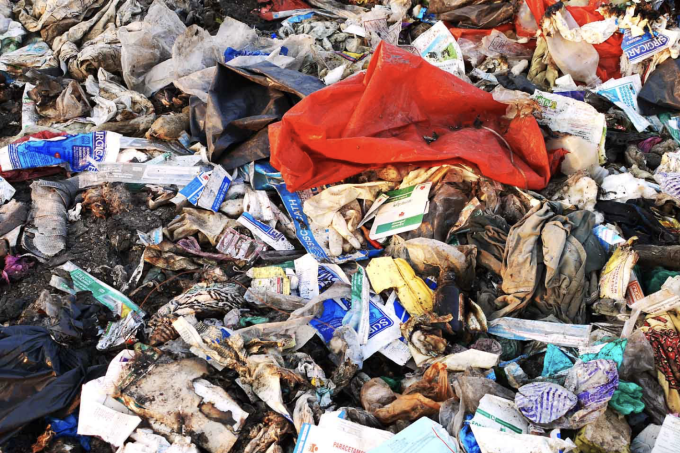Paper
The advantages of recycling paper include saving energy, water and landfill space. Paper recycling helps reduce greenhouse gas emissions and the recycled fiber is then used as a sustainable, cost-saving resource for making new paper products.
The advantages of recycling paper include saving energy, water and landfill space. Paper recycling helps reduce greenhouse gas emissions and the recycled fiber is then used as a sustainable, cost-saving resource for making new paper products.
